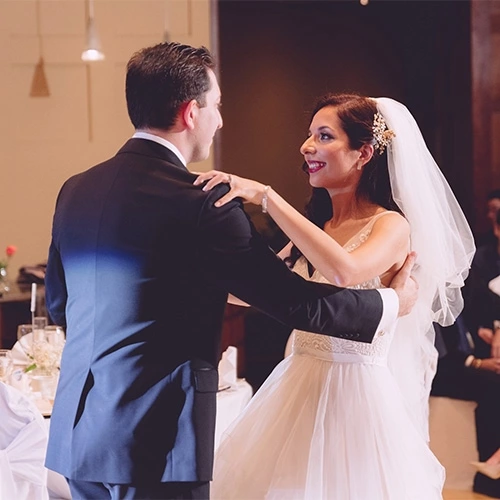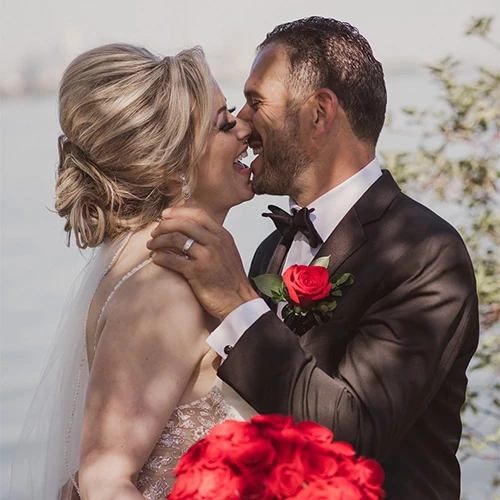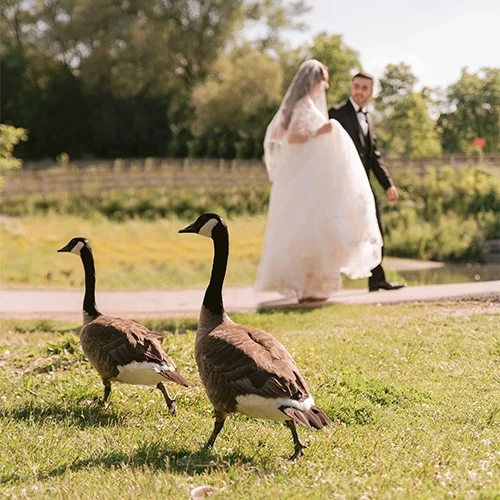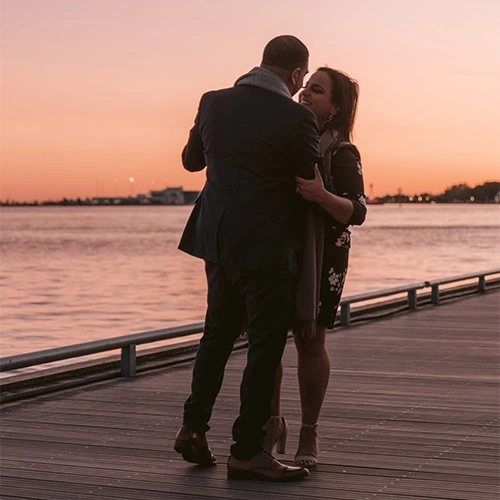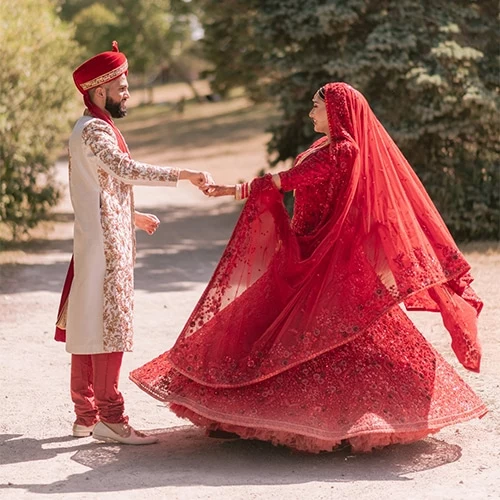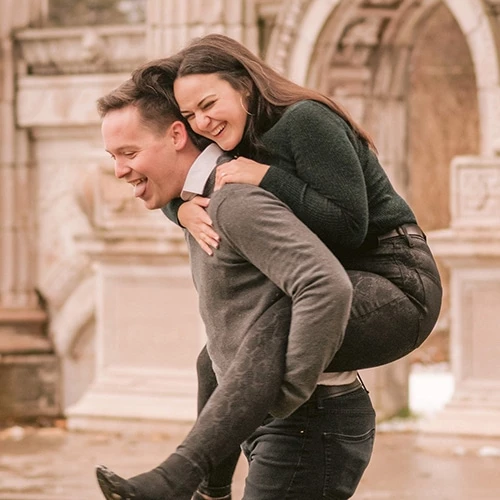Kotsy Photography is a Toronto wedding photographer specializing in capturing couple's uniqueness through authentic, compelling & fun images. From large, all-day weddings to elopements & engagement sessions in Toronto, Ontario and the rest of the Greater Toronto Area.
Greetings and congratulations on your recent engagement!
I’ve had the pleasure of working with an extensive number of couples and attending numerous weddings throughout the years. Over this time, I’ve come to see how difficult it can be planning a wedding, particularly in terms of finances. If you carefully consider your options and prepare ahead, you may be able to have the wedding of your dreams without going broke.
In this blog, I’ll outline the process of developing a wedding budget.
Determine Your Overall Budget
Establishing your financial capacity is the first step in creating your wedding budget. Discuss how much you can both actually offer when you sit down with your spouse. Any financial support from family or friends should also be taken into account. You may begin assigning money for each component of your wedding after you have a general budget in mind.
Prioritize Your Expenses
Setting a priority list for your wedding costs is the next stage. Which wedding details are most important to you? Is it the location, the menu, the décor, or the photography? Budget your money based on what is most essential to you. As you start planning, keep in mind that your priorities might alter, so be willing to be flexible with your spending and make necessary adjustments.
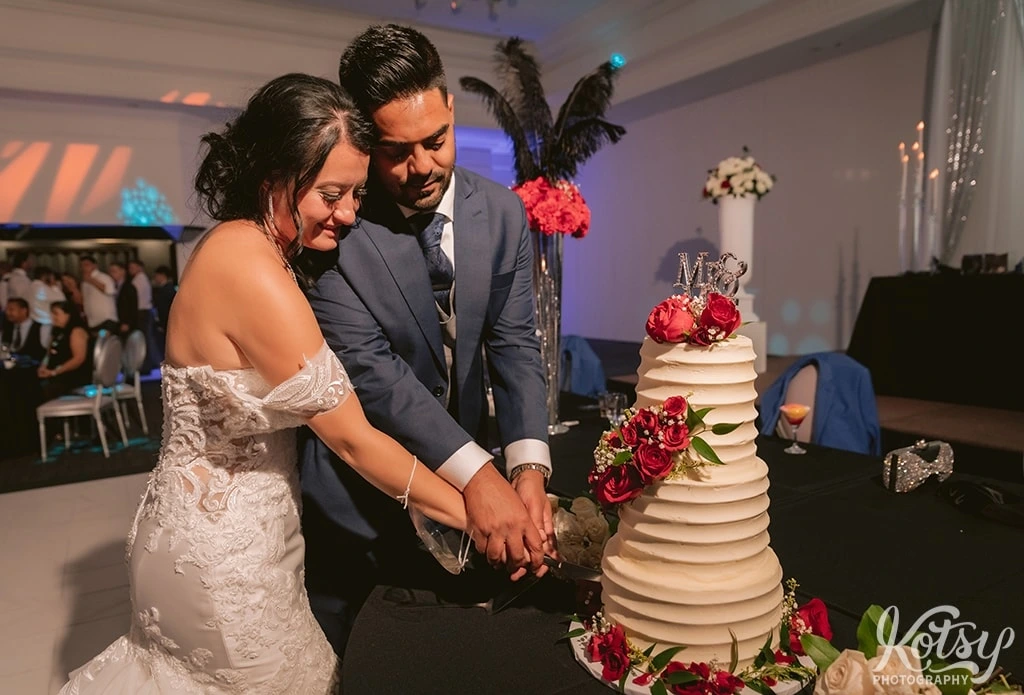
Think About Your Guest List
It goes without saying but how many people you select to invite will directly affect your wedding expenses. The cost of food, drinks, and other wedding-related expenses will increase as your guest list grows. Consider having a smaller, more intimate wedding if your spending limits your ability to invite more guests than you can comfortably accommodate.
Never Be Afraid to Bargain
Don’t be scared to bargain with vendors while you’re working with them. Many of them are open to negotiating a price that works for everybody. Inform vendors of your spending limit upfront and inquire if they can provide any discounts or special offers.
D.I.Y. Where You Can
Consider making your own centrepieces or wedding favours. DIY projects save money while also adding a personal touch to your wedding. However, you must ensure that you have sufficient time and resources to complete the projects before the big day. Asking your wedding party or family to help out with DIY project can alleviate much of the labour to make things happen.
Be Mindful of Hidden Costs
It’s crucial to consider hidden fees while setting your wedding budget. These expenses might come as a surprise and build up rapidly, pushing you beyond your budget. Account for all prospective expenses when allocating your budget to prevent this from happening and leaving you unprepared.
One of the most common hidden costs is service fees. Some vendors may charge service fees for things like delivery, setup, and breakdown. These fees add up quickly so it’s important to ask about them upfront and factor them into your budget.
Gratuities are another hidden cost that many couples forget to factor into their budget. It’s customary to tip vendors like the reception staff, caterer, and hairstylist. Gratuities often account for 15–20% of the overall cost of the service.
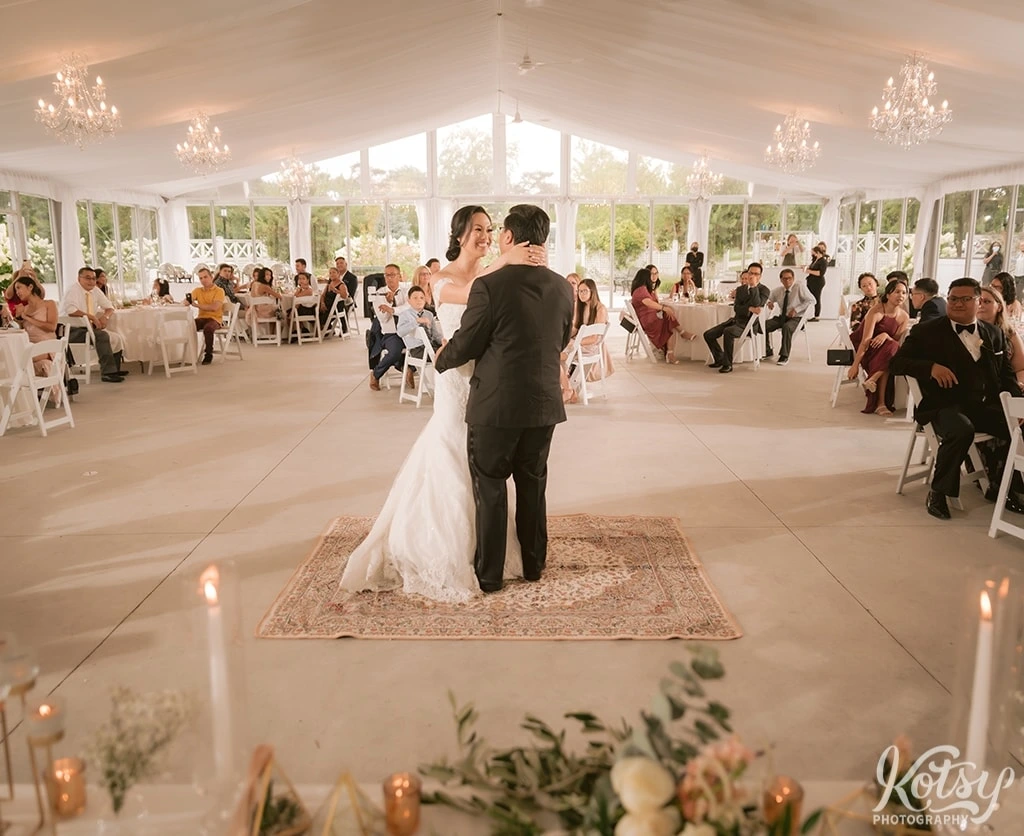
The cost of transportation is another unaccounted-for expense. Transportation for you, your wedding party, and your guests may be required if your wedding ceremony, formal photos and reception are in different locations. This might involve getting a shuttle bus or limousine for everyone’s convenience and to make sure they arrive on time.
Lastly, be aware of any overtime charges. Some vendors may charge extra if your event goes longer than expected. This can include your photographer, DJ or venue. Make sure to ask about overtime charges upfront and factor them into your budget, so you’re not surprised by them later on.
Choose Your Venue Wisely
Selecting an ideal wedding location is one of the most essential things you’ll do when budgeting your wedding. The location you select will have a big influence on your spending as it will likely be one of your biggest costs. With that in mind, it’s important to conduct your homework and pick a place that matches your tastes and financial constraints.
One option to consider is a venue that offers all-inclusive packages. These packages typically include the venue, catering, decorations and other essential elements of your wedding. You can save money over time by selecting an all-inclusive plan since you won’t need to pay suppliers separately, which is typically more expensive.
Finally, a location that allows you to bring in your own vendors is another thing you should consider if an all-in-one package doesn’t seem like the best deal. With your own suppliers you’ll have more freedom to make selections that suit your style and financial needs. For instance, you may use a caterer that provides budget-friendly cuisine alternatives or a florist who can provide lovely flowers for less money.
Dive deeper into the venue selection process.
Be Flexible with Your Wedding Date
Getting married during peak wedding season will almost always increase your final costs. Consider getting married during the off-season or on a weekday. Many venues and vendors offer discounts for off-peak dates.
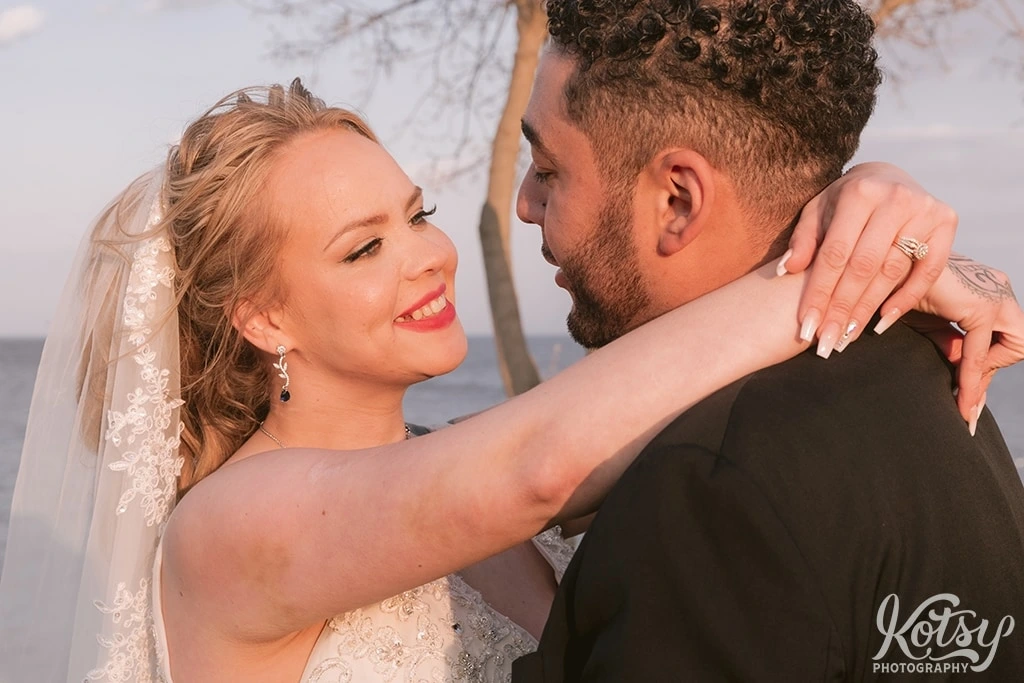
Keep Your Photography Budget In Mind
As a wedding photographer, I am fully aware of how essential photography is to most couples. After your wedding is over, all you’ll have in the decades to come is your memories and photographs/videos. Future generations will also only have these photos to see how your big day unfolded. For this reason, I think it’s essential to set aside enough money for a professional photographer that you trust to capture the wedding in the best possible way.
Book Your Photographer Early
Choosing a wedding photographer is among the most important decisions you’ll have to make when planning your wedding. You should make your booking as soon as possible if you’re planning your wedding during the peak-season (May to October). During this time, popular photographers book as much as 2+ years in advance, leaving you with limited options. By booking early you can secure your preferred photographer and avoid the stress of scrambling to find someone at the last minute.
Conclusion
In conclusion, planning a wedding budget can be pretty overwhelming. However, with these tips you can make it more much more manageable. Remember to prioritize your expenses, negotiate with vendors, be mindful of hidden costs, and allocate enough funds for your photography. You may have the wedding of your dreams without breaking the bank by doing so.
Congratulations again on your engagement! I hope to hear from you soon.
If booking a photographer is still on your wedding checklist, I’d love to hear from you to see if I’m the right fit for you!




